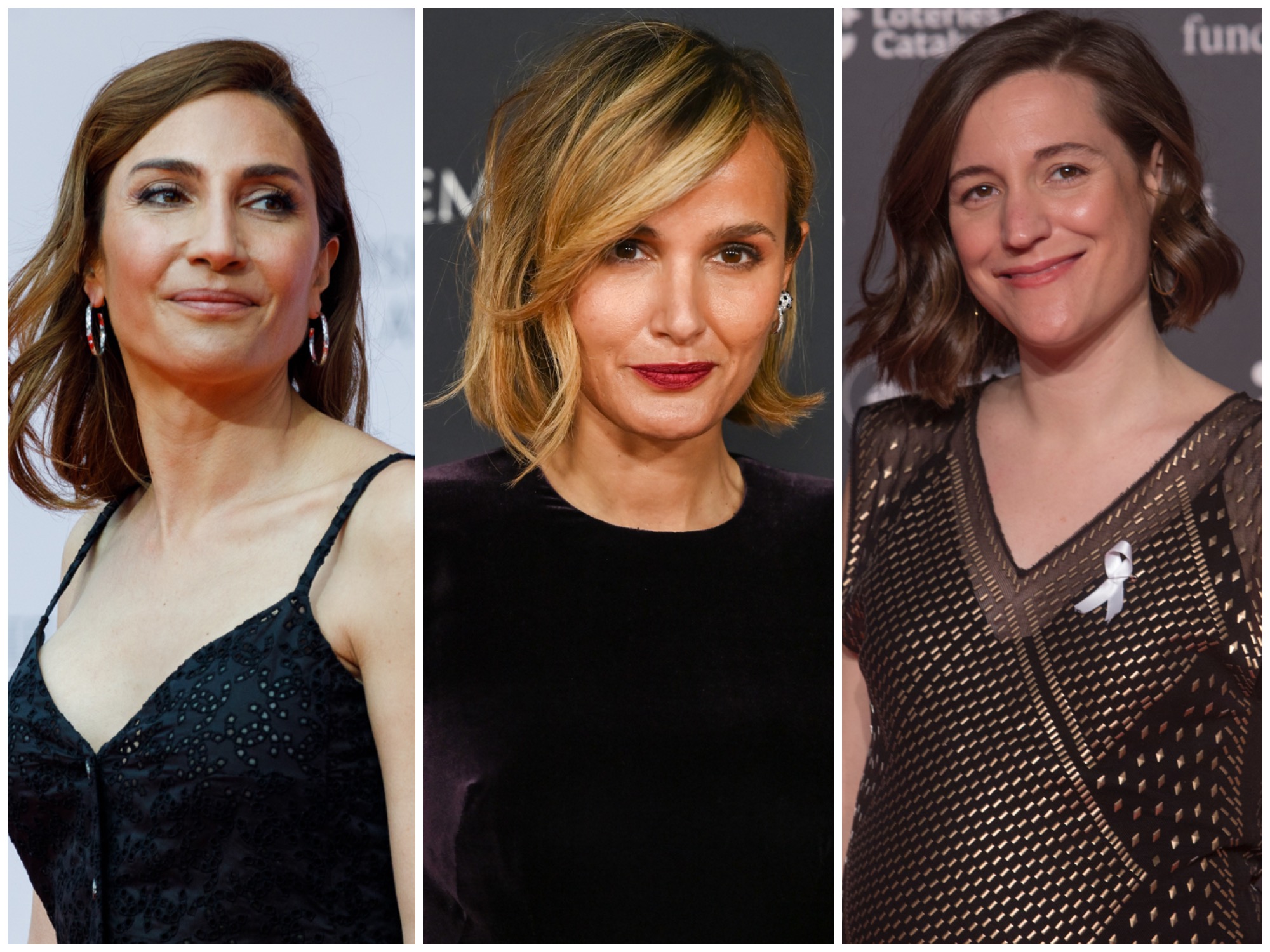
- Industry
Global Festival Circuit: Women Dominate All Three Top Festivals for the First Time in History
For the first time in film history, women have dominated the three most famous and the most important international film festivals in the world – Berlin, Cannes, and Venice – by earning their top awards.
It’s impossible to predict whether this is the beginning of a new trend (although that is not likely), or a series of coincidences. It may have been the determination of the three festivals juries, all headed by men, to make a statement that is compatible with our zeitgeist, inspired by the #MeToo Movement, Women In Film, and other organizations devoted to parity and equality.
No matter the reason, the fact remains that women have won the top awards, which is a sign of real progress, rather than merely a series of proclamations and demonstrations. Moreover, in some cases, such as the 2021 Venice Festival, a woman has won both the top prize – the Golden Lion, awarded to Audrey Diwan for Happening – and the Best Director Award, given to Jane Campion for The Power of the Dog, which has since become the most critically acclaimed movie of the year, going on to win the Golden Globe for Best Film – Drama.
Cannes Film Festival, July 2021: Titane by Julia Ducournau
Ducournau became only the second female director to claim Cannes’ top prize, after Jane Campion’s The Piano, back in 1993.
After the positive response to her first feature, Grave, Ducournau quickly wrote the first draft of Titane, which was massive (190 pages). However, she experienced difficulties completing it and went through a whole year of writer’s block. She claims she was afraid of disappointing herself: “I went through the mourning of an energy.” But the lengthy, arduous process has obviously paid off.
“I really tried to make a film that shoots an arrow, which is above all an experience that comes out of as a physical test,” explains director Ducournau about her bold and unsettling movie.
The title itself is original: Titane, or titanium in English, suggests metal that is highly resistant to heat and corrosion, resulting in very hard alloys. A midnight sort of horror film, it was an audacious choice by the Spike Lee-led jury. Titane is violent and disturbing – it depicts bodies suffering and tortured to the extreme – but it is also fascinating and hypnotic.
The plot follows the story of a troubled young woman with a tortured mind (she has a titanium plate inside her head following a car accident). Simultaneously, after a series of unexplained crimes, a father finds his son, who has been missing for ten years. But is it really his son? And is the “son” really a male?
Titane represented historical achievements in several ways. It was only the second time since 1945 that the prize has been awarded to a woman director – and also the second time that it honored a genre film (in this case, a horror movie).
Venice Film Festival, September 2021, L’événement (Happening)
Audrey Diwan’s directorial debut, Losing It, premiered in 2019. Happening is her second, more ambitious, political film.
Diwan’s film, about a French college student who finds herself with an unwanted pregnancy and goes on a search for an abortion, was the unanimous choice of the prestigious jury, which included among its members recent Oscar and Golden Globe winners Bong Joon Ho (Parasite) and Chloé Zhao (Nomadland).
“I did this movie with anger. I did the movie with desire also. I did it with my belly, my guts, my heart, my head,” Diwan said. “I wanted Happening to be an event, like its title suggests, a visceral and emotional experience.”
The competition this year was strong, entrants including Jane Campion’s The Power of the Dog, Almodóvar’s Parallel Mothers, Maggie Gyllenhaal’s The Lost Daughter and The Hand of God by Paolo Sorrentino, which won the Silver Lion (and was later nominated for the Golden Globe for Best Non-English Film).
Diwan is the sixth woman to have directed a Golden Lion-winning film. Others include Chloé Zhao (Nomadland), Margarethe Von Trotta (Marianne and Juliane), Agnès Varda (Vagabond), Mira Nair (Monsoon Wedding) and Sofia Coppola (Somewhere).
Audrey Diwan (born 1980), a French filmmaker of Lebanese origins, had previously worked as a journalist and screenwriter. She is a member of Collectif 50/50, a French NGO promoting equality between men and women in the film industry.
Berlin Film Festival, February 2022: Alcarràs by Carla Simón
The Catalan family drama Alcarràs won the Golden Bear award. Director Carla Simón’s film was picked from a field of 18 features by a seven-member jury under American filmmaker M. Night Shyamalan.
The film depicts a family that spends its summers picking peaches in an orchard in a village in Spain’s Catalonia region, However, problems arise when the new owners plan to replace the peach trees with solar panels.
Alcarràs was honored for its extraordinary performances, by child actors as well as actors in their 80s, and for its ability to show the brutality and tenderness of family struggle and resilience, and the betrayal of our connection to the land.
Simon was not the only big female winner at Berlin. French filmmaker Claire Denis was chosen as best director for her new film, Both Sides of the Blade, starring the incomparable Juliette Binoche (The English Patient, Chocolat).
End Note:
More recently, another record has been set, this time in Hollywood. For the second year in a row (and for the first time in history), two female filmmakers have consecutively won the prestigious Directors Guild Award (DGA) for Best Director: Chloe Zhao for last year’s Nomadland, and Jane Campion for The Power of the Dog.

